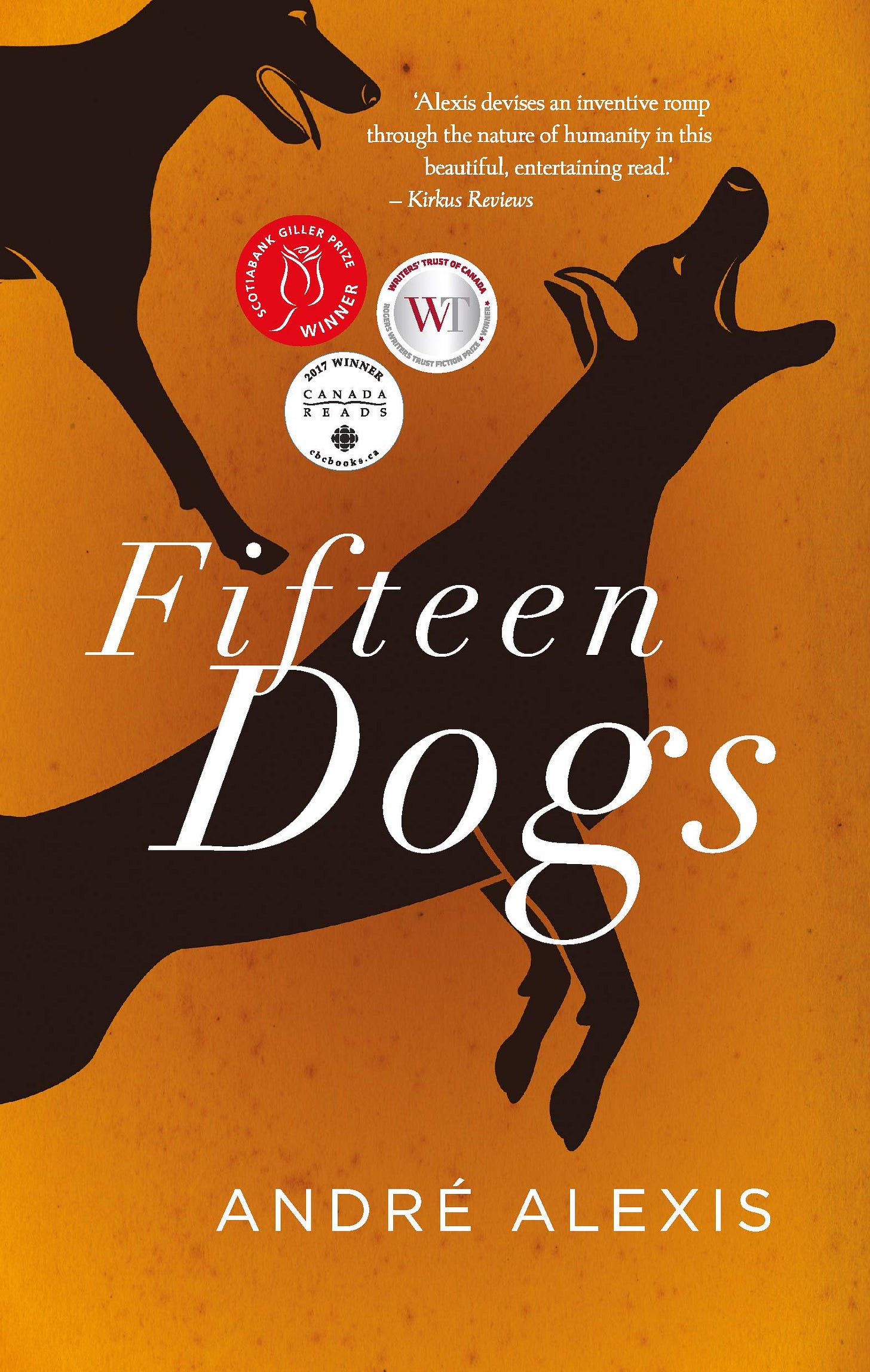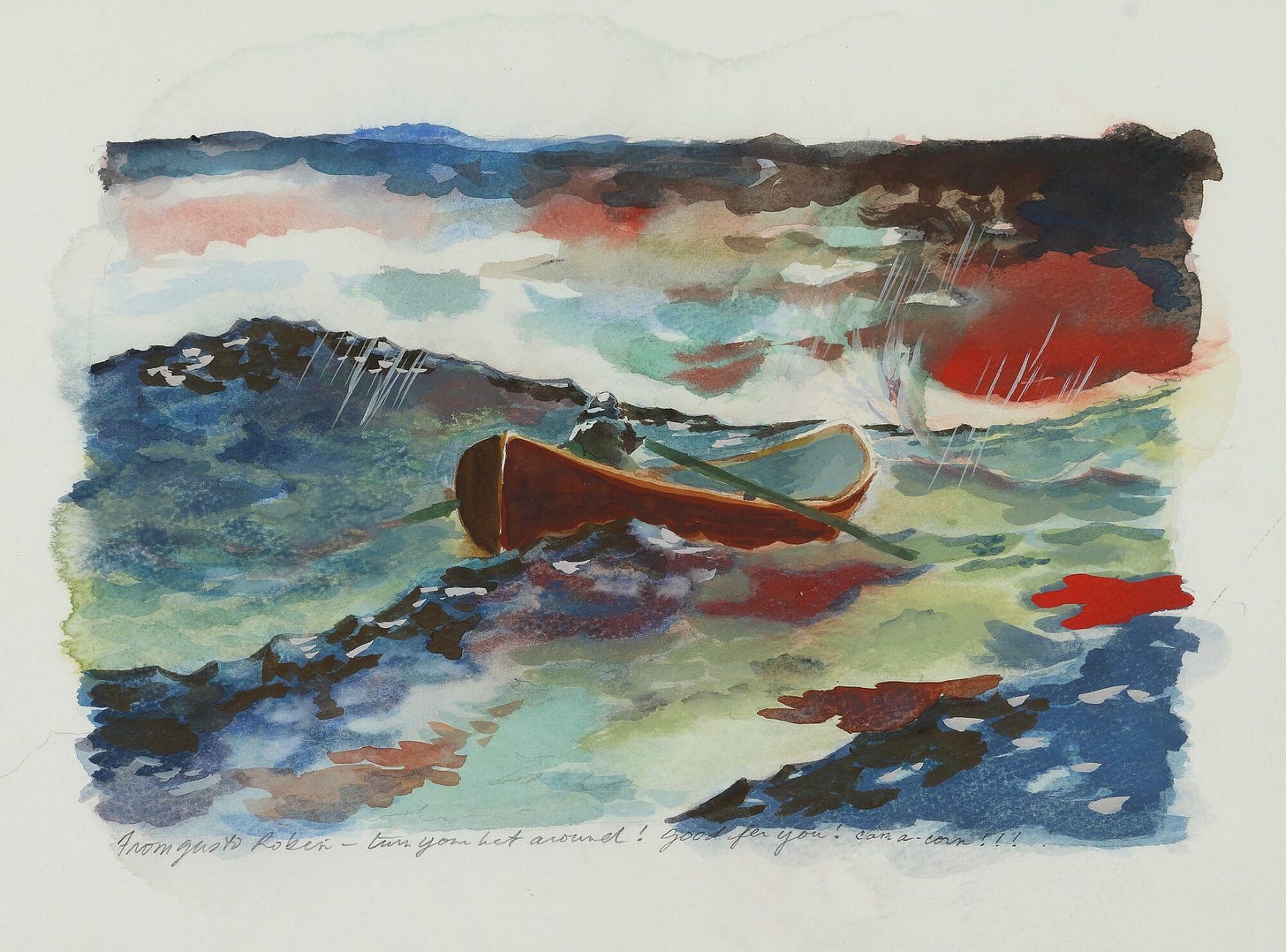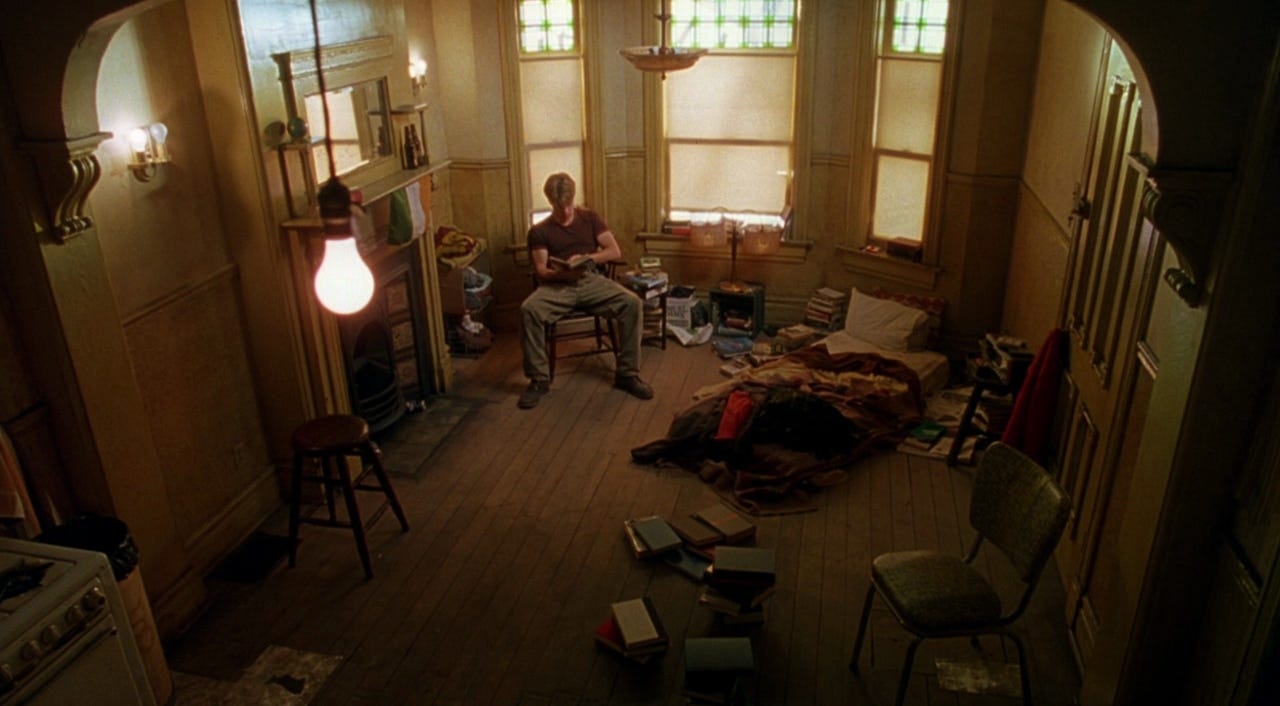Bookneedle 002 / The Pandemic Echo
“They dislike how you speak, said Hermes. If you wish to live, your only choice is exile. — But what am I without those who understand me?”
Book: Fifteen Dogs by Andre Alexis
So it says, muted by words, only action is left to be gripped and thoughts echoed in an internal abyss, with the protagonist left facing a life with no one to talk to. Meaning, of the relational kind, is thus monopolized by force; does that erase one’s ability of expression and even existence? Does the masked muted figure become a ghost, once remembered then despised as defaulted by a compelled exit?
Yet still, there is an action, a journey into exile-the unknown—and thought in silence-asceticism. Hermes, the guide of the dead to Hades, messenger of the gods, god of travelers, speaks of the very essence of removal from the known to the unknown. A journey of action rather than words. And with silence comes unrestrained reflection.
The question remains, is being/existing necessarily tied to communication or limited to phonic signifiers? Does the universe become nonexistent because it cannot be understood? Does the athlete who breaks an Olympic record in secret meaningless? Are pandemic-induced virtual footraces still races? Does the unwitnessed tree still fall in the forest?
I am still here. Stubbing my toe still hurts. Reading a book still makes me think. Philosopher Martin Buber in I and Thou argues that
“A good book or essay or poem is not primarily an object to be put to use, or an object of experience: it is the voice of You speaking to me, requiring a response.”
Communication is there waiting to be had, but there may be a more important slippage as expressed by the character Sean in the movie Good Will Hunting, pointing out what one misses if life is limited to the written word:
“. . . You couldn’t tell me what it smells like in the Sistine Chapel. You’ve never stood there and looked up at that beautiful ceiling.”
And yet there must be more than simple experience, again Buber:
“Those who experience do not participate in the world. For the experience is ‘in them’ and not between them and the world.”
Likewise, Tutor Zena Hitz expresses in her book Lost in Thought, that
“To be dominated by the senses is to be helpless in the face of whatever they present, to be drawn haplessly from one thing to another.”
Words and experiences are singularly lacking. Hitz continues:
“Human beings long for, need beyond words, something that exceeds the merely material or the merely social.”
So what is the exiled to do?
“Read on.” As expressed in Jose Saramago’s The Cave,
“What does reading do, You can learn almost everything from reading, But I read too, So you must know something, Now I’m not so sure, You’ll have to read differently then, How, The same method doesn’t work for everyone, each person has to invent his or her own, whichever suits them best, some people spend their entire lives reading but never get beyond reading the words on the page, they don’t understand that the words are merely stepping stones placed across a fast-flowing river, and the reason they’re there is so that we can reach the farther shore, it’s the other side that matters, Unless, Unless what, Unless those rivers don’t have just two shores but many, unless each reader is his or her own shore, and that shore is the only shore worth reaching.”
To me, it’s about knowledge, and the type of knowledge that lets you take that step to “the farther shore” in order to see your own shore. So, in this era of exile, we can still be “understood” through the knowledge of existence in the things we do and the eternal battle of thoughts we bring in the books we read, for reading is “like the template for meaning itself” (Richard Powers, The Overstory). “Read on.”
Art
This is a watercolor painting by the director of the movie Good Will Hunting, Gus Van Sant, which was also used in the film:
Looking at the painting, it presents a dire situation, huge waves, small boat, it’s raining, there is no land or anything in sight, and the boat is small—powered only by the strength the rower puts into the oars—in stark contrast to the oceanic appearance of the water. Yet, the rower has the necessary protection with the rain coat and hat, the boat is not sinking, the oars are being moved, there is color, and darkness has not yet descended. And we do not see the face of the rower. The situation compels the perception that the rower is sad, struggling against the elements, but consider the opposite. See the rower as content, engaged in an activity, tacking the hardships of the world and the exile of being on the ocean alone. Perhaps the rower is pondering a philosophical question, questioning the ideas in a classic novel, building up excitment on his way to see the Sistine Chapel, working out a math problem, or putting together the elements of a story that will one day be written. From this perspective, the rower is loving the challenge of life and using his intellect as his template to find understanding—”the intellect reaches past whatever is given in immediate experience” (Zena Hitz, Lost in Thought). “Read on.”
Books Mentioned
Buber, Martin. I and Thou. Translated by Walter Kaufmann, New York, Touchstone, 1971.
Coleridge, Samuel Taylor. “To William Wordsworth.” Selected Poems, edited by Richard Holmes, Penguin Books, London, 1994.
Hitz, Zena. Lost in Thought: The Hidden Pleasures of an Intellectual Life. New Jersey, Princeton University Press, 2020.
Powers, Richard. The Overstory. New York, W. W. Norton & Company, 2018.
Saramago, José. The Cave. Translated by Margaret Jull Costa, Orlando, Harcourt, Inc., 2002.





